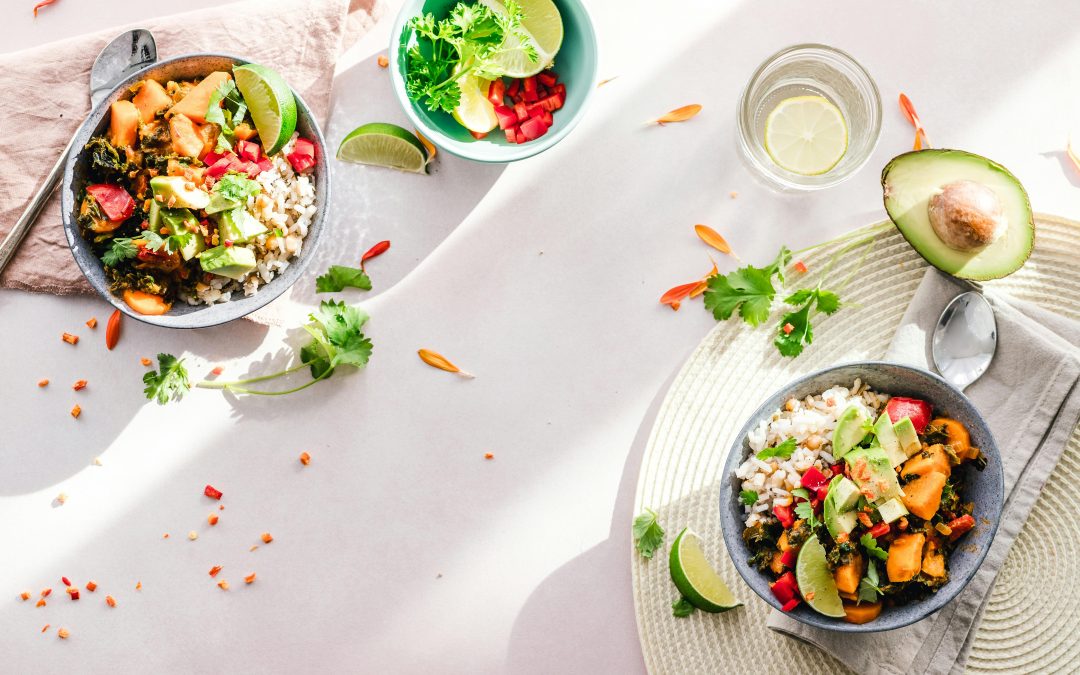Have you ever pondered the interesting phenomenon of some foods causing a rapid sense of fullness, while others seem to have little impact on your satiety, regardless of the amount consumed? It’s a weird experience, but the more cognizant you become of the macronutrients and foods that influence your feeling of fullness, the more informed decisions you can make moving forward.
Let’s dive into the influence that specific macro’s exert on your ghrelin levels and subsequent cravings. Ghrelin, often referred to as the “hunger hormone”, plays a crucial role in regulating appetite. Understanding how different foods affect ghrelin can provide insights into managing and controlling cravings.
Okay — Let’s Talk Protein:
The effectiveness of higher protein diets, approximately 25–30% of daily caloric intake, has been shown to promote advantages for body weight management. This is attributed to self-voluntary reductions in energy consumption, resulting in weight loss and favorable alterations in body composition. An essential mechanism of this effect lies in the enhancement of appetite control, satiety, and a reduction in reward-driven eating behavior. Incorporating lean protein-rich foods, such as chicken breast or Greek yogurt, in amounts around 30g per meal, matches up well with optimal outcomes without concerns about adverse effects on kidney or bone health. That said, a protein rich diet can a strategic approach for the prevention or reduction in obesity.
Right — Now How About Those (Refined) Carbohydrates:
Refined carbohydrates, with their higher glycemic index, can lead to spikes in insulin and blood glucose levels, contributing to increased hunger and cravings. In this context, timing carbohydrate intake becomes crucial, especially around workouts. Strategically timing carbohydrate intake around workouts can help manage cravings and weight gain. Matching carbs with increased physical activity optimizes the body’s natural ability to handle glucose efficiently, potentially reducing negative impact of excess carbohydrate consumption.
Now — Good Ol’ Fats:
Certain healthy fats make you feel full, but real life is complex. Genetics and tasty foods can affect how our bodies react to high-fat diets. It’s not the same for everyone, delicious foods might make some eat more, making it tricky for their body’s natural appetite controls. Understanding this balance is key to managing weight. Anecdotally, we have seen the pairing of fats and proteins to be ideal for satiety and managing food intake throughout the day.
In Conclusion:
The impact of macro’s on hunger is a super nuanced and complex interplay. Higher protein diets demonstrate effectiveness in appetite control and weight management, while strategic timing of carbohydrate intake, especially around workouts, can mitigate cravings associated with refined carbohydrates. Healthy fats, when balanced with proteins, contribute to satiety, though individual reactions may vary due to genetics and personal preferences. Being mindful of these influences can empower individuals like you to make informed decisions about their dietary choices, ultimately helping in the prevention or reduction of obesity.
Talk Soon,
Coach Stutzer
Sources:

